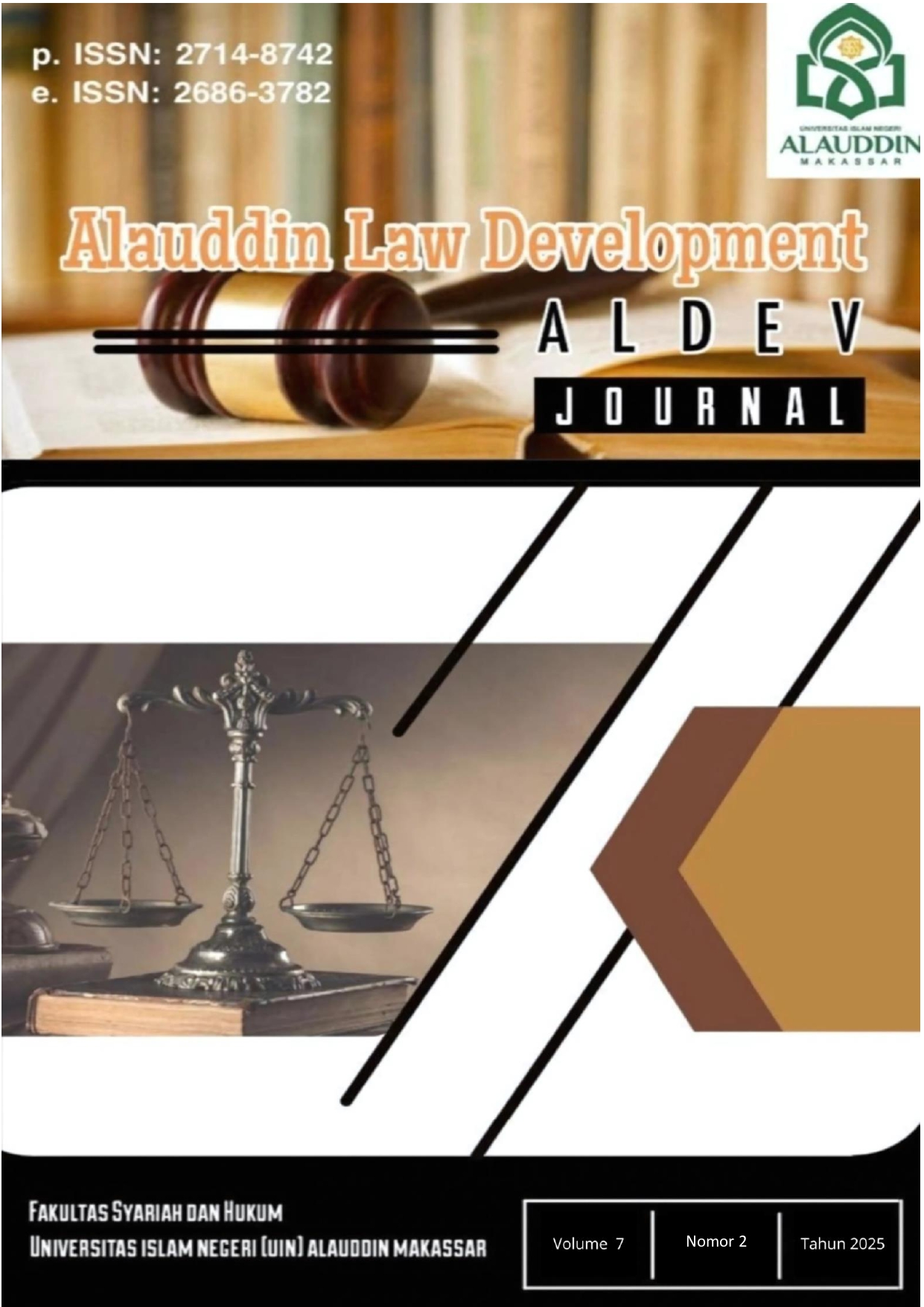AI-Enhanced Criminal Investigations and Ḥudūd Offenses: A Sharīʿah Compliance Framework
DOI:
https://doi.org/10.24252/aldev.v7i2.56748Keywords:
Artificial Intelligence, Evidentiary StandardsAbstract
The article examines the interface of Islamic law and emerging AI technology in criminal investigation. It takes the legal normative doctrinal approach to examine predictive policing and facial recognition against Qurʾānic evidentiary and confessionary requirements. The analysis identifies a fundamental doctrinal tension: machine-generated evidence cannot substitute for the traditional proof Sharīʿah requires. A hybrid model is proposed on the grounds of maqāṣid al-Sharīʿah, granting artificial intelligence secondary, not primary, evidence status. Safeguards include judicial oversight, open algorithms, accountability, enforcement of data protection law, and an outright prohibition on AI input where uncertainty persists. The model operates within Islamic legal doctrine, conforming to technological advancement while upholding the Qurʾān's overarching commitment to justice. The study illustrates that the ethical frameworks underlying the development and deployment of AI can be consonant with Islamic teaching, specifically the values of justice and common good in the Qurʾān and related jurisprudence.References
Abadalhady, Wafa, Hawraa Ibrahim Jasim, Sarah Kadem Abdulreda, and Israa Saad Khaled. 2025. “Artificial Intelligence from an Islamic Perspective: Communication Applications as an Example BT - Intelligent Systems, Blockchain, and Communication Technologies.” In, edited by Ahmed Abdelgawad, Akhtar Jamil, and Alaa Ali Hameed, 157–66. Cham: Springer Nature Switzerland.
Abdulkarim, Shamim Ahmad bn. 2008. “The Islamic Call’s Approach to Responding to Doubts: A Methodological and Fundamental Study.” Imam muhammad bin Saud Islamic University.
Abikan, Yahaya Ibrahim. 2023. “Examining the Admissibility or Otherwise of Evidence Generated from Closed-Circuit Television (CCTV) and Deoxyribonucleic Acid (DNA) Test as Means of Proof of Zina Under Islamic Law.” Al-Manahij: Jurnal Kajian Hukum Islam 17 (1): 83–96. https://doi.org/10.24090/mnh.v17i1.8172.
Downloads
Published
How to Cite
Issue
Section
License
Copyright (c) 2025 Abubakar Muhammad Jibril, Rabiu Abdulmudallib Bello, Abbas Abubakar

This work is licensed under a Creative Commons Attribution-ShareAlike 4.0 International License.
All writings published in this journal are the authors' personal views and do not represent the views of this journal or the authors' affiliated institutions. Author(s) retain copyrights under the license of Creative Commons Attribution-ShareAlike 4.0 International (CC BY-SA 4.0).


